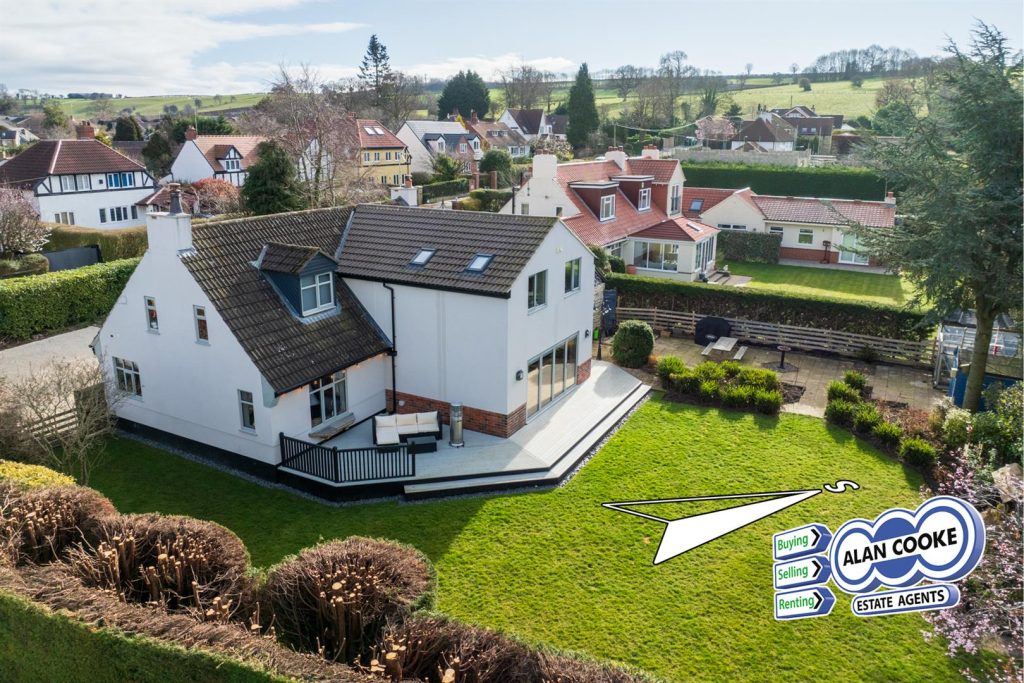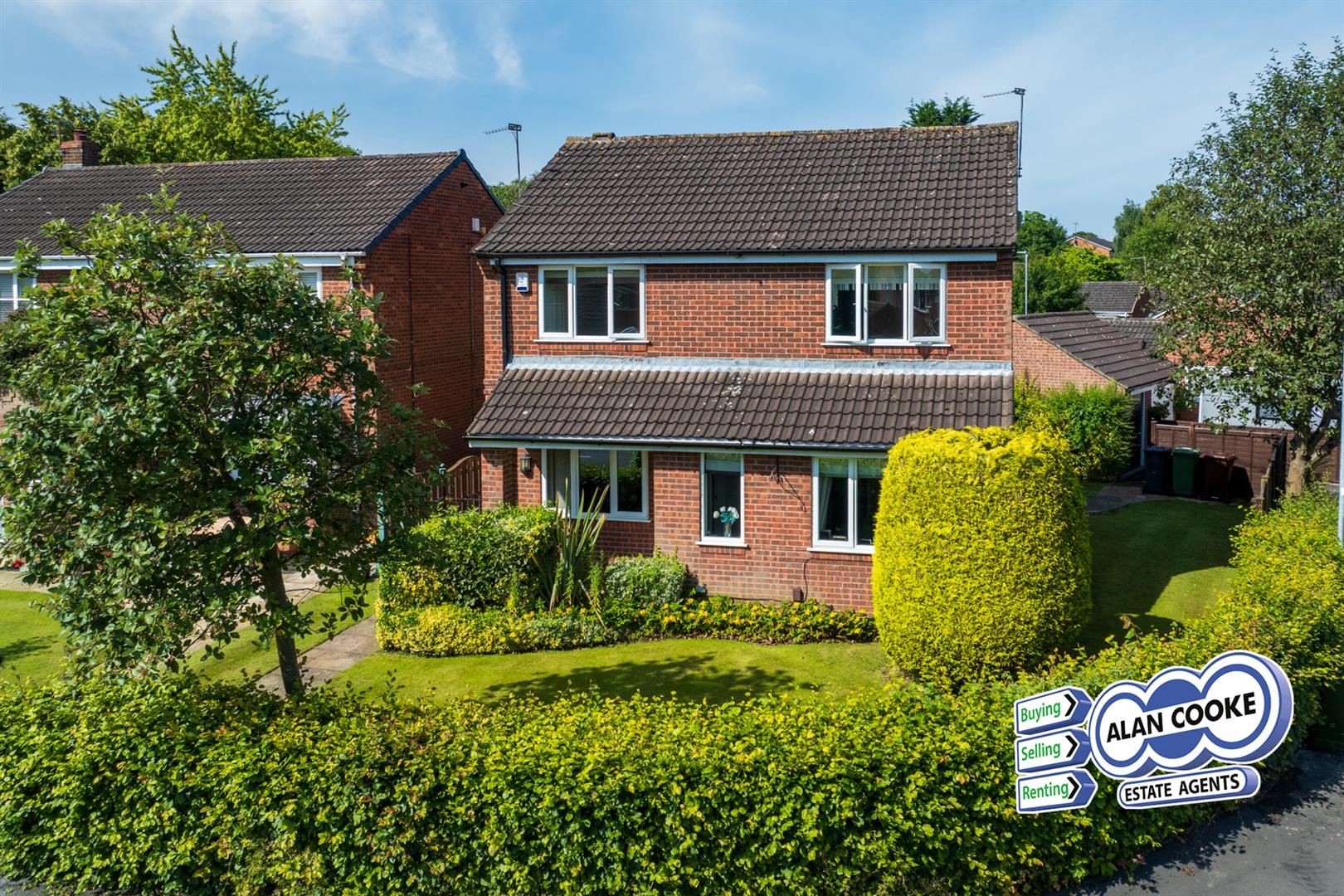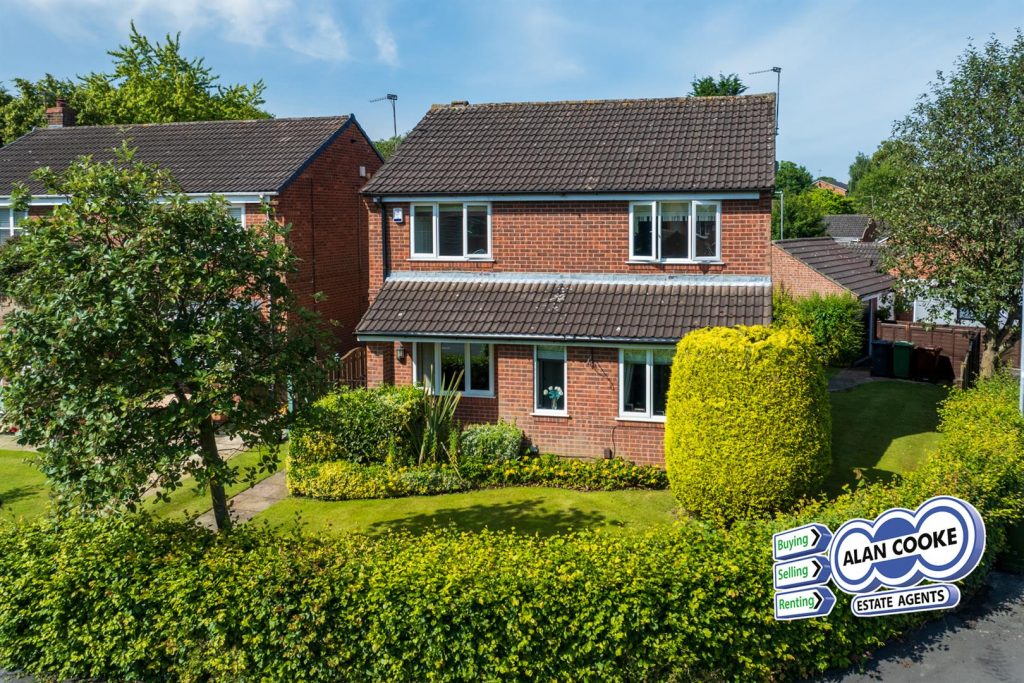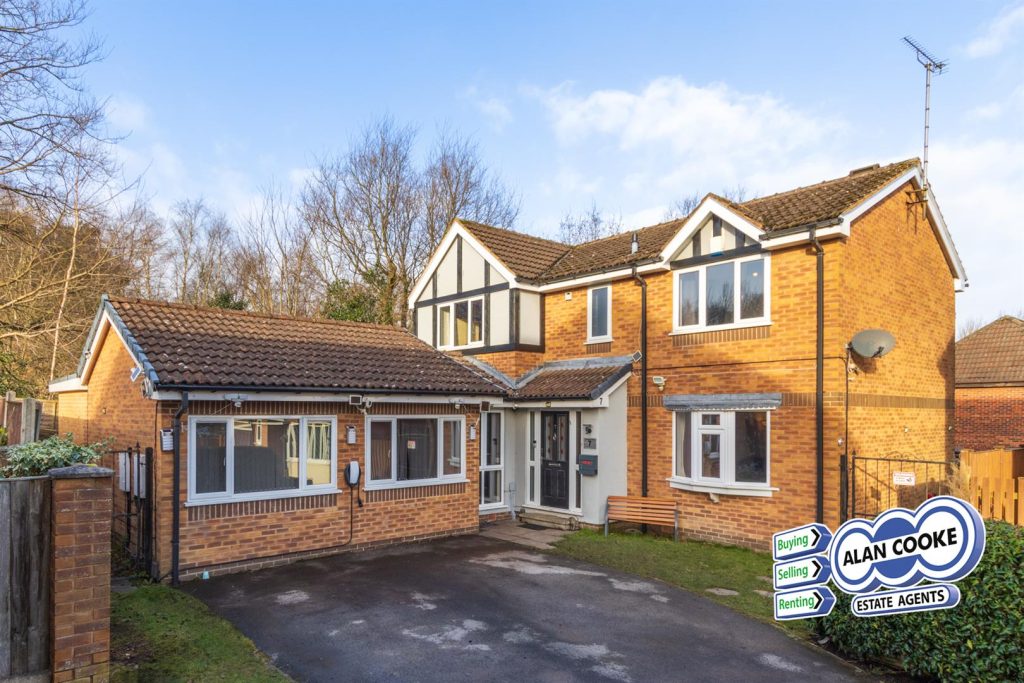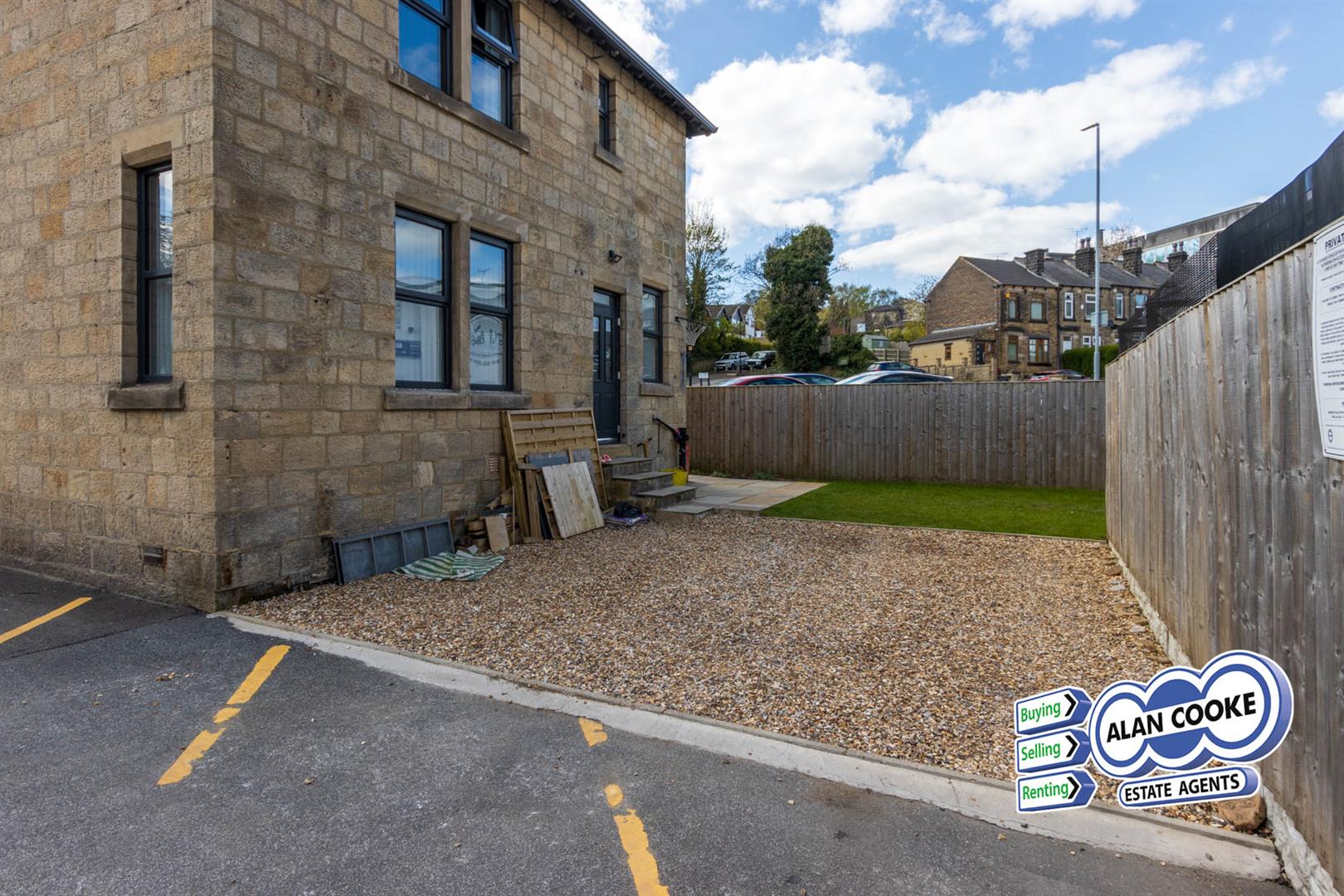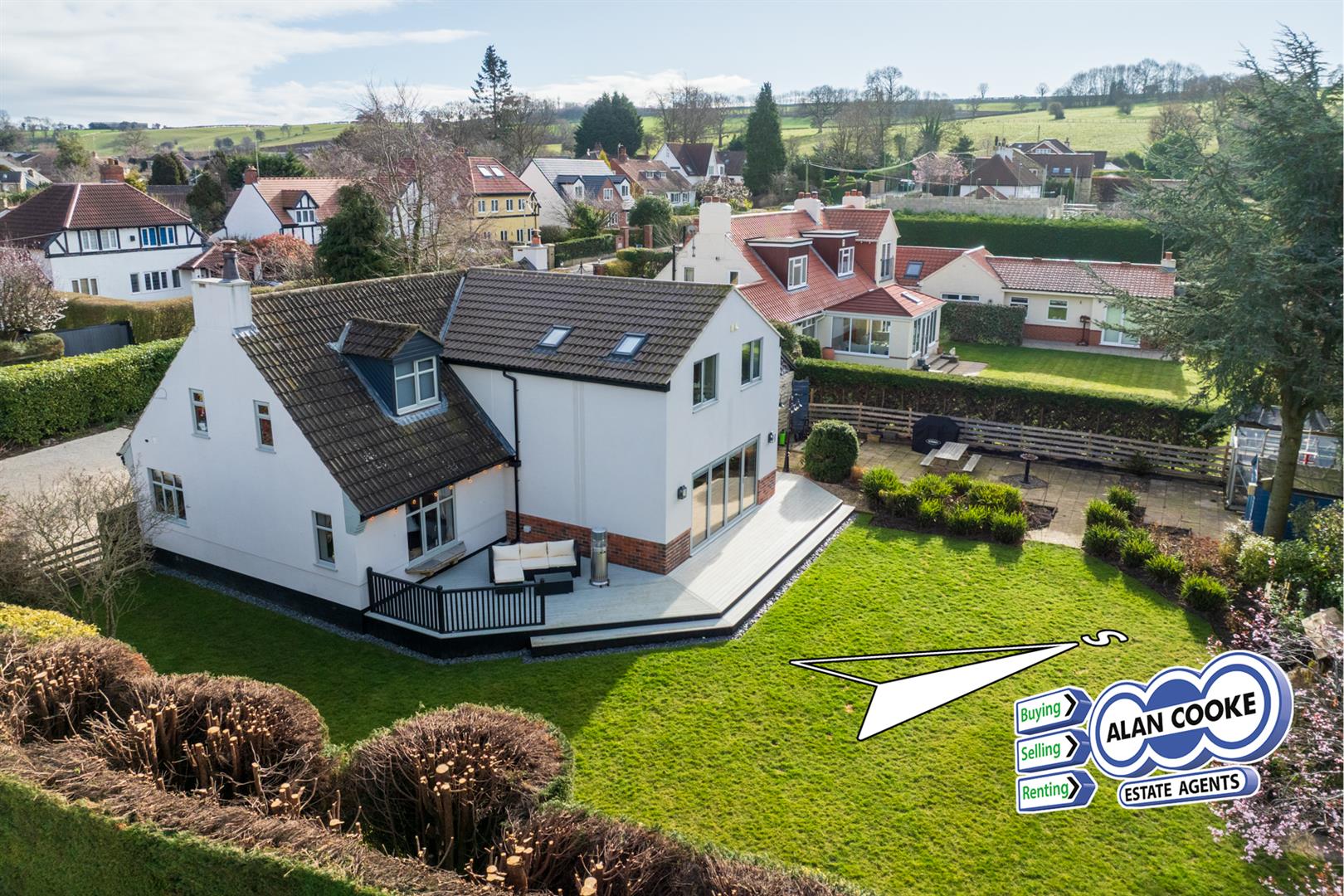
At Alan Cooke Estate Agents, our Property of the Month feature showcases homes that offer something truly special in terms of location, design, and lifestyle. For April, we’re proud to highlight an exceptional detached residence on Second Avenue, Bardsey – a beautifully presented family home located in one of North Leeds’ most sought-after village communities.
This delightful three-bedroom detached house sits within a peaceful cul-de-sac in Bardsey, offering tranquil surroundings while being only minutes away from local amenities and excellent schools. Ideal for families looking to buy property in North Leeds, this home combines village charm with modern convenience.
Why This Second Avenue Home Stands Out
The property boasts a bright and spacious living environment with well-proportioned rooms throughout. The open-plan dining kitchen creates a warm hub for family life and entertaining, while the generous lounge features elegant design touches and views of the private garden. Upstairs, you’ll find three comfortable bedrooms and a contemporary bathroom, all maintained to a high standard.
The rear garden is beautifully landscaped, perfect for relaxing or entertaining in warmer months and a driveway with a detached garage provides ample parking.
An Ideal Location in North Leeds
Bardsey is one of the most desirable village locations in North Leeds, known for its community feel, excellent local schools, and proximity to beautiful countryside. With easy access to the A58 and links to Leeds city centre, Wetherby, and Yorkshire and Humber more broadly, it offers a balanced lifestyle for professionals, families and retirees alike.
Whether you’re looking to buy your property in North Leeds or planning to sell your property in the area, Alan Cooke Estate Agents can guide you through every step of your journey.
Why Choose Alan Cooke Estate Agents?
With decades of experience as leading Estate Agents in North Leeds and across Yorkshire and the Humber, Alan Cooke Estate Agents delivers personalised, expert service. Our local knowledge and marketing expertise ensure that your property goals are met whether you’re looking to sell your property, find your next dream home, or explore the property Leeds market.
🔎 Looking to view this fantastic home on Second Avenue, Bardsey?
📞 Contact our team today to arrange a viewing or speak to one of our experienced estate agents.
